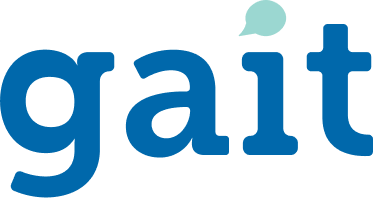- Behavioral therapy is recommended as the first line of treatment for very young children. So why is medication use rising among this group?
The number of U.S. preschoolers diagnosed with attention-deficit hyperactivity disorder (ADHD) jumped 56 percent between 2007–08 and 2011–12, according to data from the National Survey of Children’s Health. The number of children ages 2 to 5 taking a psychoactive medication to treat ADHD doubled, the survey found. In addition, nearly half of preschoolers with ADHD are not getting behavioral therapy, the first-line treatment the American Academy of Pediatrics has recommended for the condition since 2011.
Such findings highlight a problem that concerns many psychologists: Preschoolers are getting more medication for ADHD, anxiety disorders and depression, although many of these drugs haven’t been tested with young children.
Where are the Behavioral Interventions?
Particularly among primary-care physicians in non-urban, non-academic areas, those formal interventions aren’t always readily available — nor are qualified mental health professionals to assess and treat these young children. Experts say that medication can be necessary and effective for young children but that should only be determined after a thorough clinical assessment has been conducted. However, it is unfortunate that those exams do not happen often.
Psychologists are particularly concerned that these children are being prescribed antipsychotics, since only one rigorous study has explored the safety or efficacy of this class of medications among preschoolers — and even that study only looked at using antipsychotics to
treat autism. However, in an ideal world, parents and doctors would try behavioral therapy before medications.
Effective Interventions
When it comes to ADHD, Visser points to research-based interventions in a 2011 report by the U.S. Department of Health and Human Services’ Agency for Healthcare Research and Quality. It found that formal parenting interventions — known as parent behavior training, or PBT — are effective for children under age 6, with no reports of complications or harm. In particular, the report identifies four programs that have the most empirical support — Triple P, Parent-Child Interaction Therapy (PCIT), Incredible Years and the New Forest Parenting Programme.
All of these programs focus on positive parenting strategies, including positive reinforcement for good behaviors and the importance of having a consistent discipline style, Visser says. Pelham says that the manuals for these programs are available for free or for a very small fee, for psychologists interested in learning more about the programs and some of the strategies they advise.
Another promising psychosocial intervention for young children with depression is a parent-child psychotherapy program called PCIT-ED, developed by Joan Luby, MD of Washington University School of Medicine. The program focuses on emotion development, but specifically targets depression in young children. A 2011 pilot study with 54 depressed 3- to-
7-year-olds who participated in the program found that it improved the children’s executive functioning and emotion recognition skills compared with a control group whose members received psychoeducational training, findings that suggest it could be an early intervention for depression.
Psychologists can help improve awareness about the effectiveness of these treatments among pediatricians and psychiatrists by continuing to take part in integrated care and
co-location opportunities with primary-care providers.
Reference:
Novotney, A. (2015). Are Preschoolers Being Overmedicated? Vol. 47. No.7. Pg. 64.
American Psychological Association.


Recent Comments